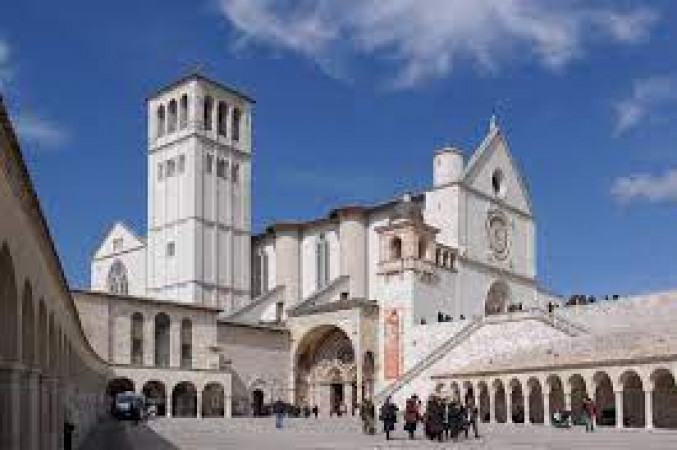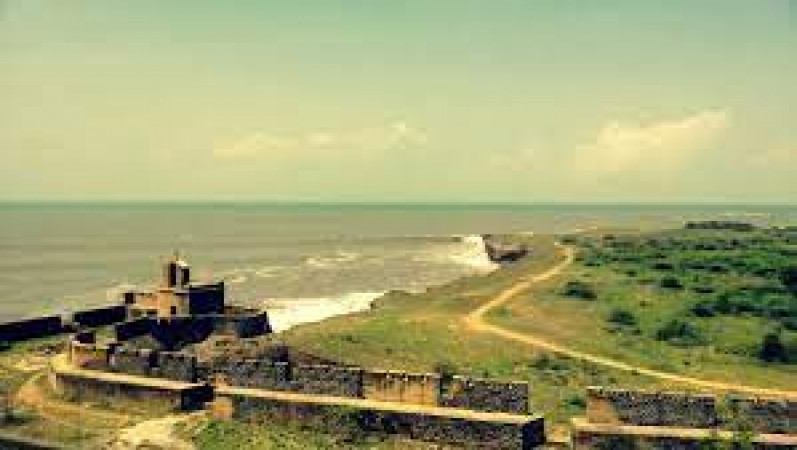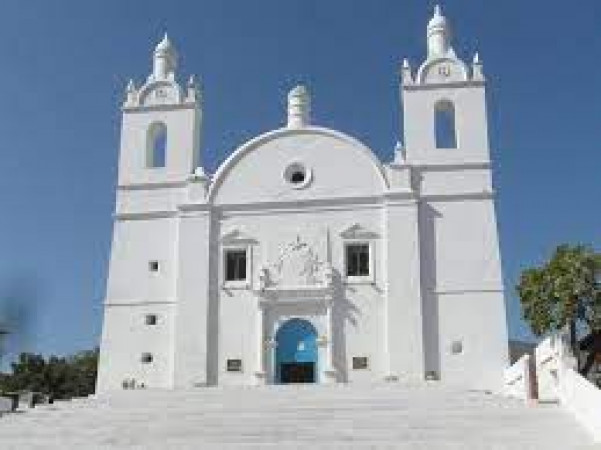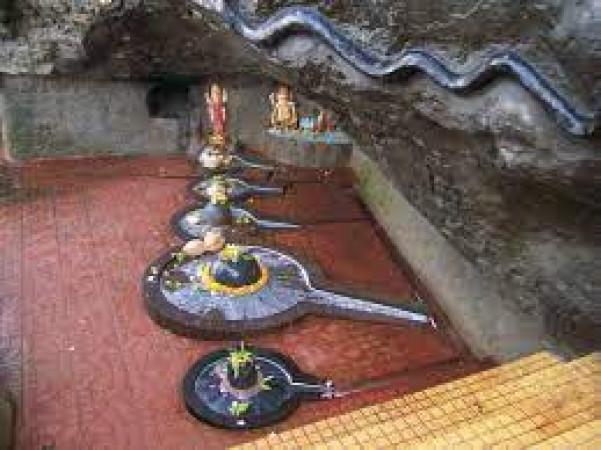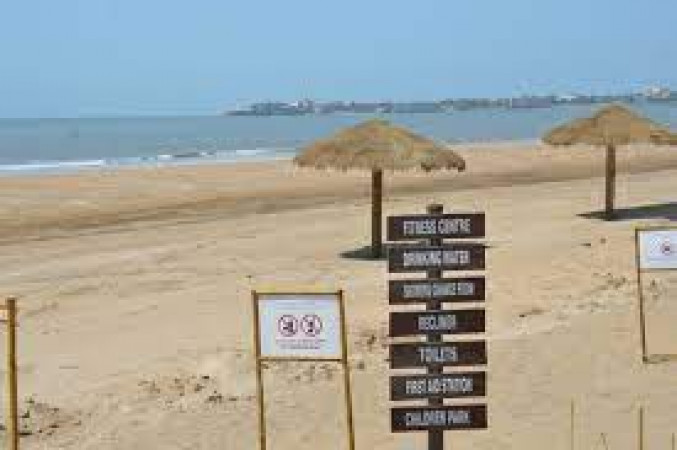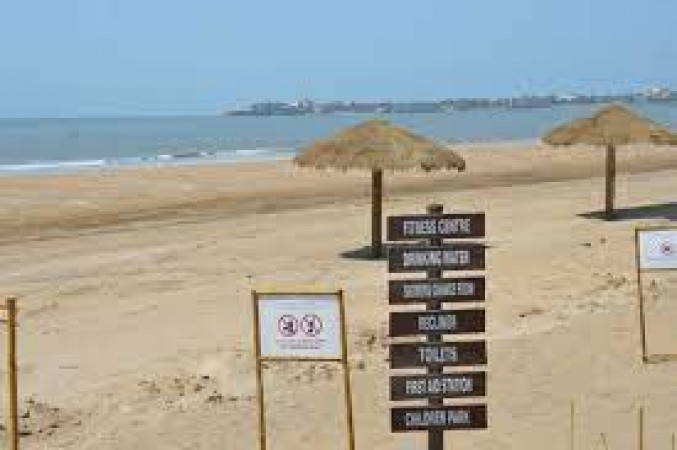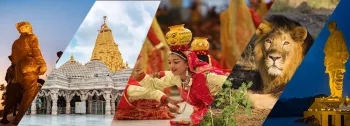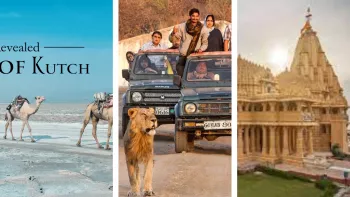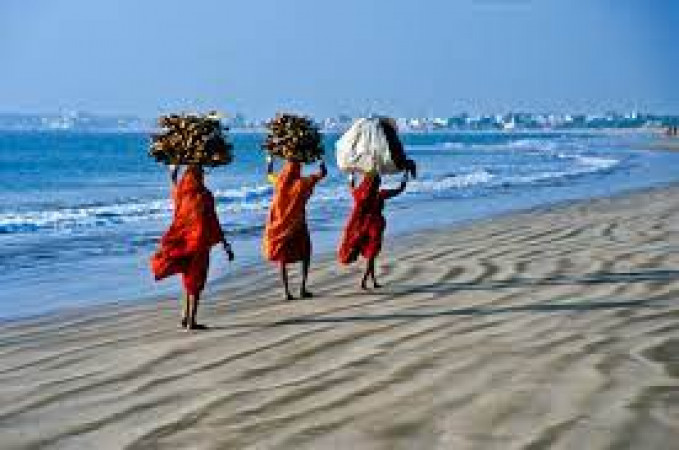
Diu
Duration
2 to 4 Days
2 to 4 Days
Best time to visit
Nov-Mar
Nov-Mar
Theme
Beaches, Waterfront
Beaches, Waterfront
Diu Travel Guide
Diu, a small island located off the southern coast of Gujarat, India, is known for its pristine beaches, historic forts, and vibrant culture. With a rich history of Portuguese colonization, Diu offers a unique blend of Indian and European influences that make it a fascinating destination for travelers. The island boasts a laid-back atmosphere, making it a perfect retreat for those looking to unwind and relax in a picturesque setting.Top Attractions in Diu
- Naida Caves
- Diu Fort
- Gangeshwar Temple
- Ghogla Beach
- Shell Museum
Diu is Famous for
Sun-kissed beaches and historic forts.Top Attractions in Diu
- Explore the ancient Naida Caves
- Visit the imposing Diu Fort overlooking the sea
- Experience the tranquil beauty of Gangeshwar Temple
- Relax on the sandy shores of Ghogla Beach
- Discover unique seashells at the Shell Museum
What's Great about Travelling to Diu?
- Perfect destination for beach lovers
- Rich cultural heritage to explore
- Great seafood and local cuisine
What's Not So Great about Travelling to Diu?
- Limited nightlife options
- Can get crowded during peak tourist season
- Not ideal for adventure seekers
Travel Tips for Diu
- Carry sunscreen and stay hydrated
- Respect the local customs and traditions
- Book accommodation in advance during peak season
Important Diu trip information
- Ideal Duration: 2-3 days
- Best Time to Visit: October to March
- Nearby Airports and Railway Stations: The nearest airport is in Diu, and the closest railway station is in Veraval.
Top 16 Places to visit in Diu
Per Person
22,745
*EXCLUDING APPLICABLE TAXES 5.0 Ratings
( 396 Reviews )
( 396 Reviews )
Per Person
47,799
*EXCLUDING APPLICABLE TAXES 3.9 Ratings
( 74 Reviews )
( 74 Reviews )
Per Person
12,800
*EXCLUDING APPLICABLE TAXES 3.9 Ratings
( 74 Reviews )
( 74 Reviews )
Per Person
15,500
*EXCLUDING APPLICABLE TAXES 3.9 Ratings
( 74 Reviews )
( 74 Reviews )
Total
65,000
*EXCLUDING APPLICABLE TAXES 3.9 Ratings
( 74 Reviews )
( 74 Reviews )
Total
68,000
*EXCLUDING APPLICABLE TAXES 3.9 Ratings
( 74 Reviews )
( 74 Reviews )
FAQ's on Diu
Q1: What is the best time to visit Diu?
The best time to visit Diu is during the winter months from November to February when the weather is pleasant and perfect for exploring the beaches and historical sites without the scorching heat of summer. Avoid the monsoon season from June to September due to heavy rainfall. The festive season around Christmas and New Year also attracts many tourists.
Q2: Do I need a visa to travel to Diu?
As part of India, visitors to Diu require a valid Indian visa. Tourists can apply for an e-Visa online, making it convenient for many nationalities. Make sure to check the specific visa requirements based on your country of origin and the duration of your stay.
Q3: What are the must-visit attractions in Diu?
Must-visit attractions in Diu include Diu Fort, Naida Caves, Gangeshwar Temple, Ghoghla Beach, and the beautiful Nagoa Beach. The stunning sea views, historic architecture, and serene surroundings make these places popular among tourists seeking a mix of relaxation and exploration.
Q4: Is Diu a safe place to travel?
Diu is generally considered a safe destination for travelers. However, like any other place, it's advisable to take standard precautions such as safeguarding belongings, avoiding isolated areas at night, and being aware of your surroundings. The local authorities and hospitality staff are usually helpful to tourists.
Q5: What is the local currency in Diu and can I use credit cards?
The local currency in Diu is the Indian Rupee (INR). ATMs are available in the main town area for cash withdrawals. While larger establishments may accept credit cards, it's recommended to carry sufficient cash, especially when visiting smaller shops or local markets.
Q6: What is the local cuisine like in Diu?
Diu offers a blend of Gujarati and Portuguese influences in its cuisine. Seafood is a specialty, with dishes like fish curry, prawn masala, and squid fry being popular choices. Vegetarians can enjoy local delicacies like undhiyu and the famous Gujarati thali. Don't miss trying the local sweet treat, "doce."
Q7: What transportation options are available in Diu?
In Diu, travelers can avail themselves of public buses, auto-rickshaws, and taxis for local transportation. Renting a bike or a car is also a popular choice for exploring the island at your own pace. Additionally, ferries connect Diu to nearby destinations like Veraval.
Q8: Are there any cultural norms or etiquette I should be aware of when visiting Diu?
When visiting Diu, it's important to respect the local culture and traditions. Dress modestly, especially when visiting religious sites. Avoid public displays of affection, as these are not common in Indian culture. Greeting locals with a "Namaste" and being polite and courteous will go a long way in making your stay pleasant.
Q9: I am a travel agent. How can I buy travel leads of Diu?
Register yourself as a travel agent at agents.tripclap.com and then you can buy travel leads to Diu once your account is approved. For more details contact our support team at +91-8069186564 or support@tripclap.com
